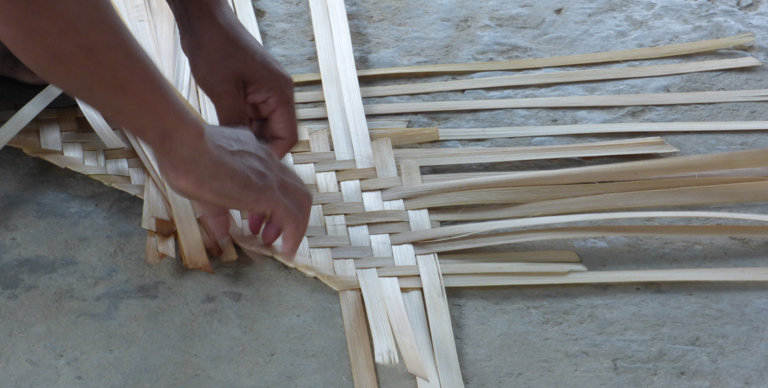Creating a livelihood strategy for 2,500 individuals from rural Nagaland

Client
Hans Foundation
Challenge
Designing a livelihood-strategy for addressing the problems of disguised unemployment and underemployment in a remote part of India
Outcome
A 5-year detailed road map for the execution of the livelihood project and introductions to potential project partners
Mobilization of the involved communities to contribute 800 hectares of land to the project
Impact
Livelihoods for more than 2,500 people from the region with a scope to phase out external funding from 5th year onward
Disguised unemployment and underemployment are critical issues that often plague rural settings in emerging economies. Such was the case also in Tuli, Nagaland. In 1971, a paper mill was set up in the area which created large scale employment. Most of the economy revolved around this paper mill until it was closed; post which Tuli was left with two critical resources: unused labor and abundant stocks of bamboo. Given this background, Hans Foundation, a Delhi based charitable organization wanted to undertake a livelihood project that would create large-scale employment in the region.
Hans Foundation, hence appointed Intellecap, to conduct a detailed assessment of the socio-economic and environmental context of the region and create the required livelihood strategy. For this purpose, Intellecap conducted a robust mapping of the pre-intervention livelihood profiles along with an analysis of the resources available in the region. During this process, Intellecap identified a few distinct competitive advantages of the communities in the region: a) bamboo was available for free b) each house had hectares of unused virgin land c) the communities had expertise in bamboo craft which was unlike any other bamboo cultivating areas in India, and d) there was unused labor in each and every household. The strategy that Intellecap designed used each of these advantages as a cornerstone and included plans to create an organic CTC tea and orthodox tea processing unit along with a multi-product bamboo processing unit. The strategy was based on a technical, commercial, and financial feasibility analysis of both product groups and included desk research, interviews with industry experts, and a considerable amount of time spent in Tuli to understand and decrypt subtle community dynamics. Intellecap along with a local NGO also mobilized villages from the region to contribute 800 hectares of land towards the project.
Hans Foundation is currently in talks with the Government of Nagaland to begin project implementation. Successful implementation will result in an increase in the income of every bamboo processing household by INR 3.2 Lakhs and each tea producing and processing household by 7.8 lakhs by the tenth year Another key impact of the project will be preservation of the environment as tea will be cultivated organically and bamboo will act as a substitute for a number of wood-derived products.




